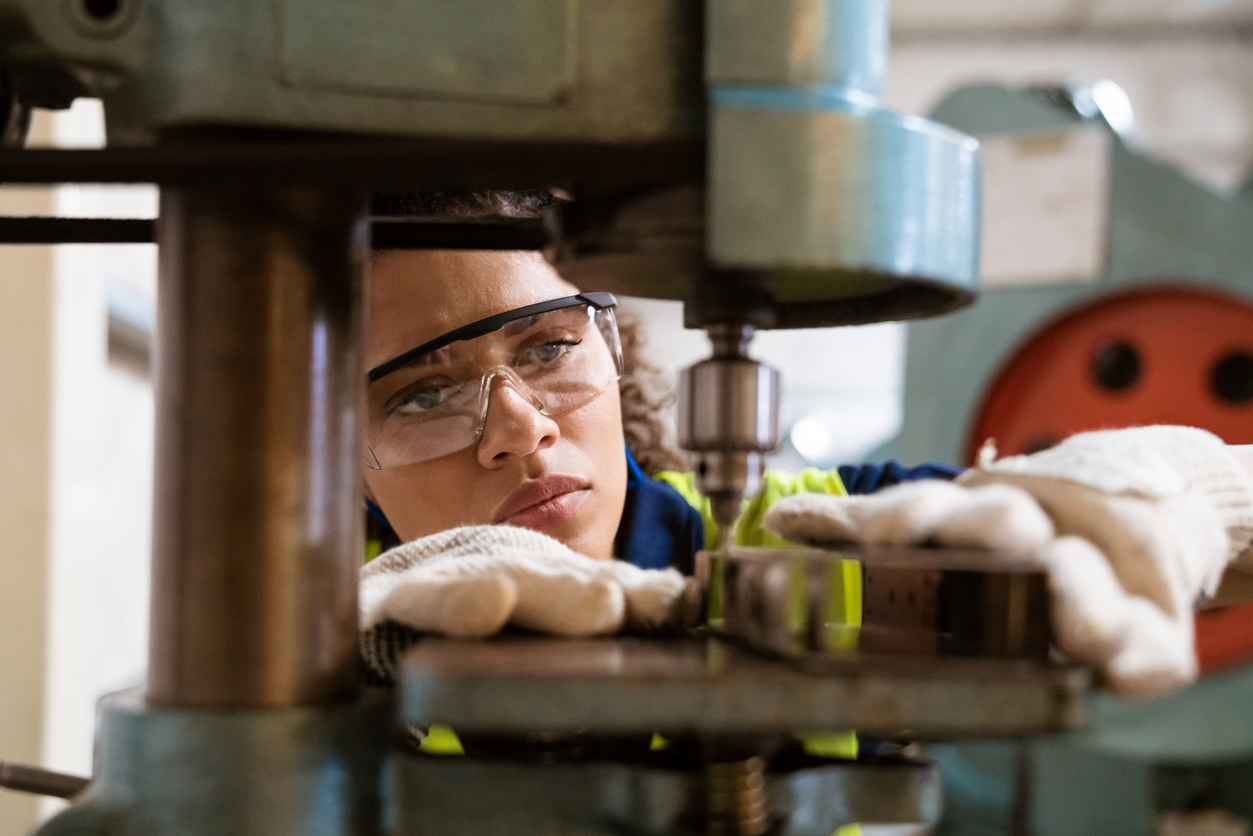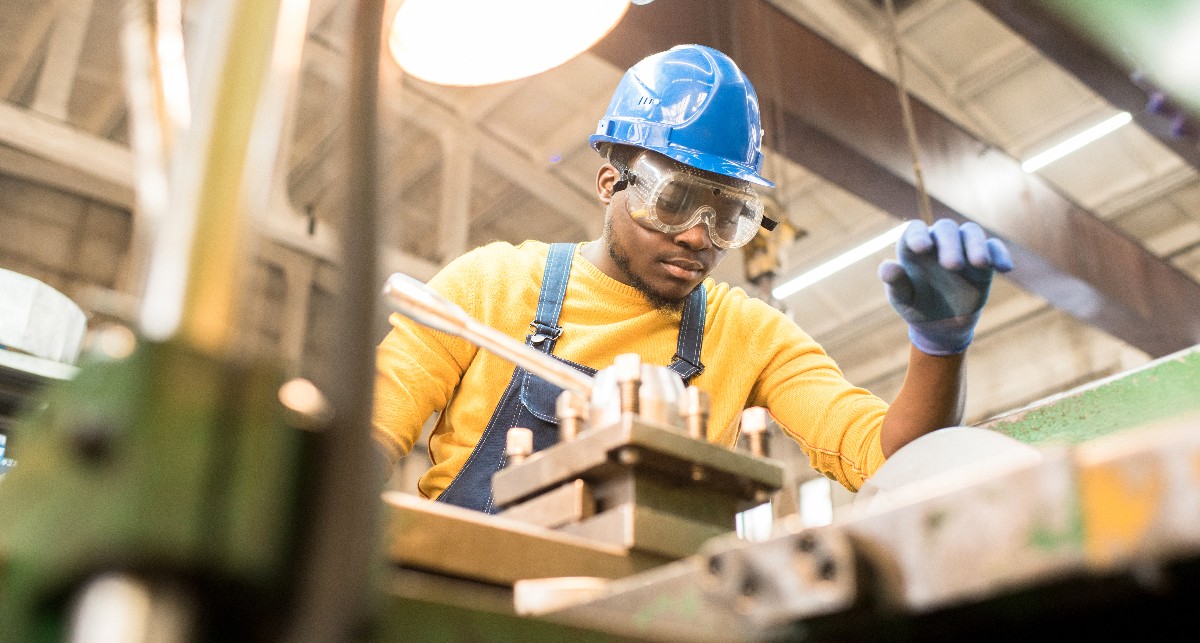As the number of people drowning in college debt increases and employers within the skilled trades repeatedly post job openings for their unfilled positions, the words “skilled trades” find themselves in newspaper headlines across the country.
Everyone seems to be talking about skilled trades, but instead of contributing to that conversation with statistics and line charts, I want to express the country’s need for interest, passion, and dedication to the skilled trades by continuing the conversation on a topic outside of numbers… and that’s the topic of skilled trades’ myths.
Myths & Truth
In May 2020, an article entitled Reviving Blue Collar Work: 4 Myths About the Skilled Trades listed the following four myths about the skilled trades:
- Myth #1: Blue-collar work is “beneath” white-collar work.
- Myth #2: Blue-collar work isn’t creative or intellectually stimulating.
- Myth #3: You have to follow your passion, and welding isn’t your passion.
- Myth #4: Dirty, hard work is undesirable work.
Are you one of the people feeding one or more of these myths and if so, why? Especially since work is where “we will end up spending 90,000 hours of our life, over the course of 40-some years,” as the same article states, why are myths that steal career options from people still circulating? Everyone should be increasing their list of career choices by learning about skilled trades. After all, 90,000 hours is a long time, so you need to do your best to find the career that’s best suited for you. In other words, you need to know ALL your career options.
As I thought about the above myths and the 90,000 hours of devoted work time that, on average, helps define one’s life, I thought about what a disservice it is to stereotype the skilled trades… a disservice to both the individuals who could financially, professionally and personally strive in that career field as well as to the country as a whole.
The skilled trades, which typically refer to occupations that require specialized training and involve working with your hands, such as electricians, plumbers, and construction workers, are the backbone of the country. Sidewalks. Houses. Machines. Highways. Vehicles. These are just a few pieces of our world that would not exist without those in the skilled trades. This reality needs to be the broken record that is proudly played at every school and around every dinner table throughout the country.
Different Strokes for Different Folks
One thing everyone can agree on is that every person is different. We have different minds, hearts, experiences, and dreams. Given this truth, it’s incredibly reasonable to say that it’s an injustice to stereotype the skilled trades.
The skilled trades need bright, passionate people to enter the workforce trenches with a clear understanding of their contribution to not only their place of employment but also, the community. This understanding is one that needs to start at a young age, and it’s one that communities, schools, and families play a pivotal role in fostering. The skilled trades lead to a quality paycheck and an opportunity for an immense sense of pride in one’s work, and that’s the truth.
Author: Evelyn Lindell





